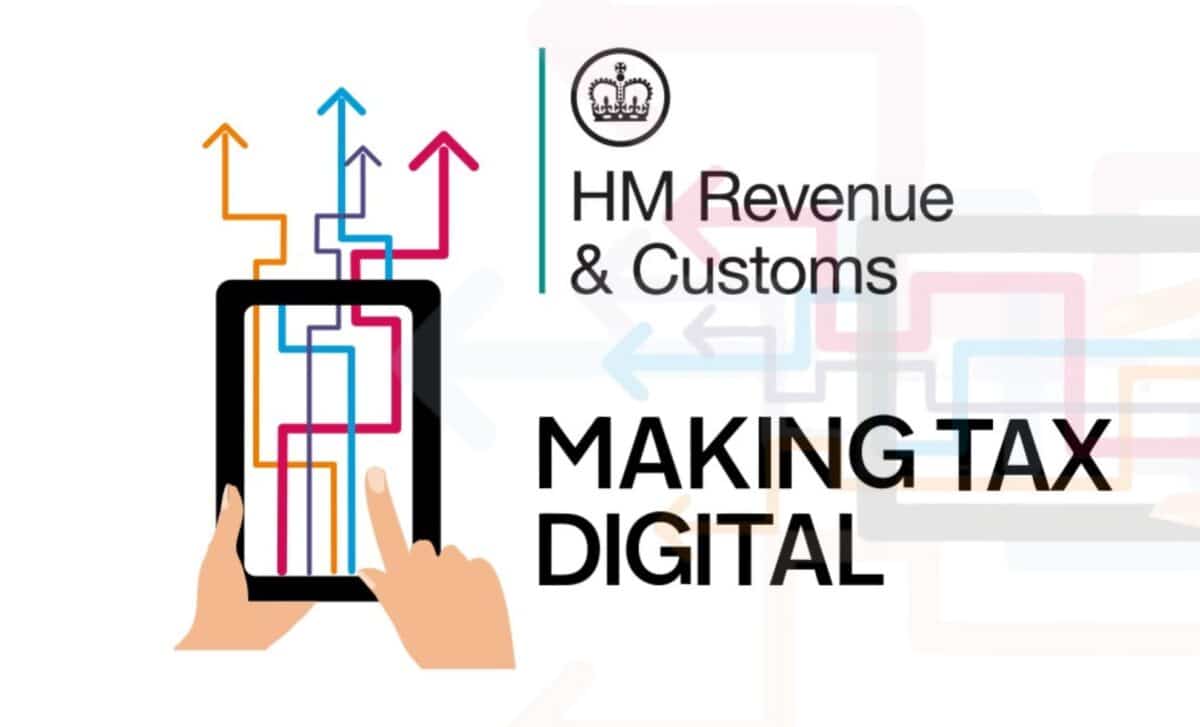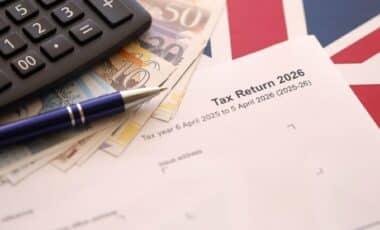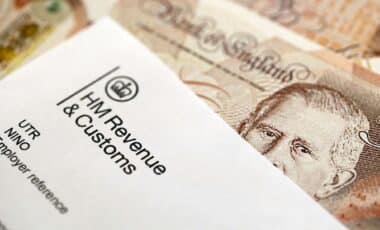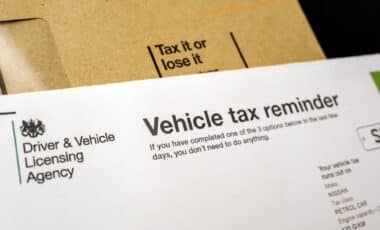From April 6, 2026, sole traders and landlords in the UK earning over £50,000 will be required to adopt Making Tax Digital (MTD) for Income Tax. This change will fundamentally alter the way these individuals manage their tax affairs, marking a significant shift towards a more digital and streamlined tax system.
The introduction of MTD for Income Tax aims to simplify tax reporting, reduce errors, and make the process more efficient. HMRC has made it clear that this is part of a broader push to modernise the tax system, benefiting not only the tax authority but also businesses and the economy as a whole.
A Digital Transformation for Self-Employed Individuals
Sole traders and landlords will soon be required to maintain digital records and submit quarterly income reports to HM Revenue and Customs (HMRC). This requirement comes into force in 2026 for those with a taxable income over £50,000, expanding to others with lower earnings by 2027 and 2028.
According to HMRC, the move towards digital tax reporting is a major component of the government’s broader strategy to modernise the tax system. James Murray MP, Exchequer Secretary to the Treasury, stressed that MTD is essential for the UK’s national renewal and will help businesses manage their tax responsibilities more effectively.
“By modernising how people manage their tax, we’re helping businesses work more efficiently and productively while ensuring everyone pays their fair share.” Murray said.
The switch to MTD will require eligible individuals to use compatible software that can handle digital records and quarterly submissions. HMRC claims this change will help self-employed people and landlords stay on top of their tax affairs and pay the correct amount of tax.
For businesses, it means fewer manual processes and reduced errors in record-keeping, leading to more transparent and accurate tax filings.
An Incremental Rollout for Widespread Adoption
While the full mandate begins in 2026, HMRC is encouraging businesses to begin preparing now. Over the next few years, more individuals will be brought into the MTD system, with those earning above £30,000 expected to join by April 2027, and further drops in the threshold to £20,000 expected by 2028.
This gradual rollout reflects HMRC’s desire to ensure that businesses can adapt to the new system with minimal disruption.
The government has already rolled out MTD for VAT, and its success in helping over two million businesses streamline their tax filings serves as a precedent for the income tax rollout.
According to an independent 2021 report, 69% of businesses subject to MTD for VAT reported benefits, including reduced administrative burden and fewer errors in their tax filings.
With less than a year until the new rules take effect, HMRC is urging those affected to sign up for a testing programme. This will allow participants to familiarise themselves with the new system and receive guidance from HMRC’s support team before the transition becomes mandatory.









